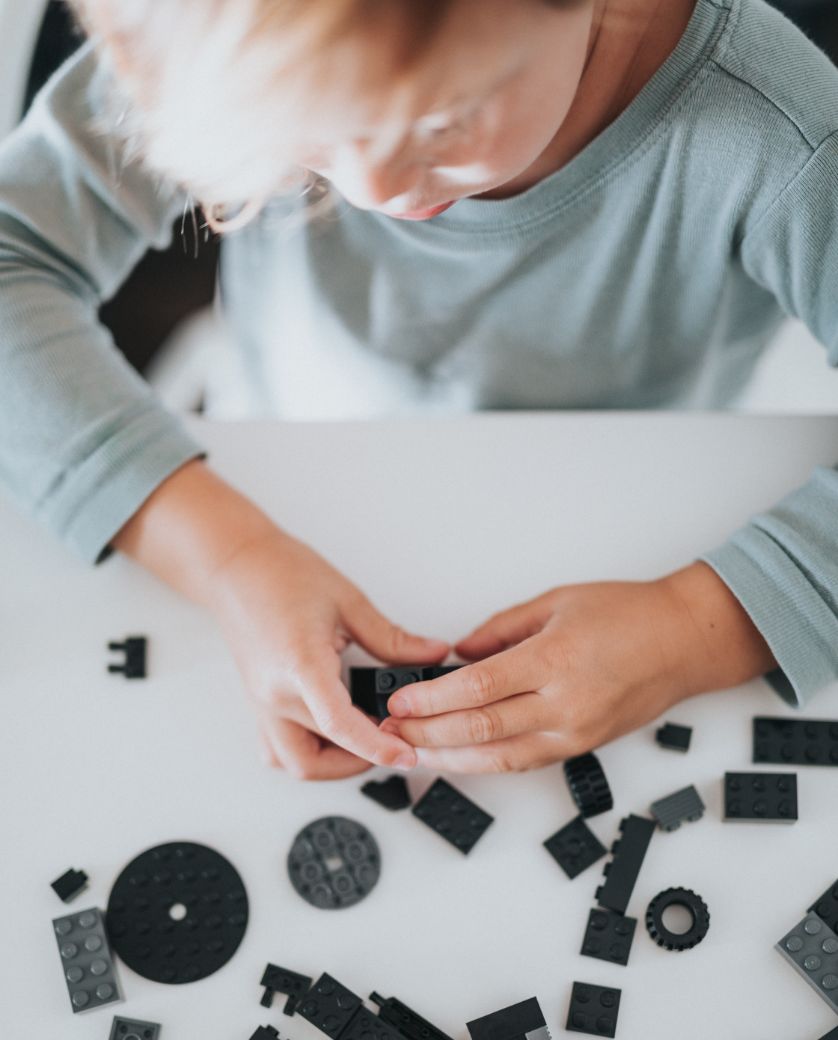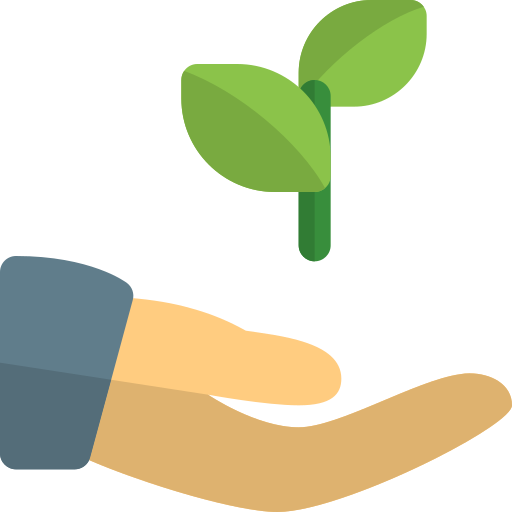Importance of Stroke Rehabilitation
Stroke NDIS
Importance of Stroke Rehabilitation
Why is rehabilitation important for stroke patients?
Side effects of a stroke
As unique as we all are, everyone who suffers a stroke experiences different side effects. You or your loved one may be experiencing some or all of these side effects from a stroke. You may find they persist, become easier to manage, or get better with time.
The most common side effects fall under three main groups: physical, cognitive and emotional.
Physical side effects
Dysphagia or difficulty swallowing.
Fatigue or tiring easily is common after a stroke.
Muscle impairment or weakness may present itself as hemiparesis (weakness on one side of the body), incontinence (inability to control the bladder or bowels), foot drop (dragging toes when walking), or paralysis (in all or some muscle groups).
Seizures and epilepsy can be triggered by a stroke.
Pain may present itself in different forms due to miscommunication between the brain and the nervous system.
Vision impairment such as partial blindness, double vision, tunnel vision or blind spots.
Spasticity or painful and uncontrollable muscle movements.
Cognitive side effects
Aphasia or problems with language such as difficulty speaking, word confusion, issues with reading or writing or difficulty understanding others.
Memory loss caused by damage to brain cells.
Sensory issues such as confusing hot and cold or experiencing tingling.
Vascular dementia may cause a patient to have difficulty making decisions, planning and reasoning.
Emotional side effects
Depression such as feelings of sadness, hopelessness or helplessness, irritability, or changes in appetite and sleep.
Anxiety is a typical response to a traumatic event or brain injury.
Pseudobulbar affect (PBA) or “emotional incontinence” can come across as uncontrollable bursts of emotion such as hysterical laughter or tears at unassuming times.
Your Rehabilitation Medical Team
Thankfully, a highly skilled team of professionals will aid you or your loved one through their stroke rehabilitation The team may include:
Physiatrist: Specialises in rehabilitation following illness, accidents, and injuries.
Neurologist: Specialises in the prevention, diagnosis, and treatment of stroke and other diseases of our nervous system.
Rehabilitation nurse: Helps people adjust to life after a stroke, illness, or accident.
Physical therapist: Specialises in exercises to regain motor skills and strengthen muscles.
Occupational therapist: Establishes strategies for everyday living with the help of apparatus and other supports.
Speech language pathologist: Specialises in exercises to regain speech and language.
Dietician: Can make recommendations for the best possible diet.
Social worker: Can facilitate best suited rehab programs, living arrangements and home support services.
Neuropsychologist: Specialises in the treatment of cognitive impairments.
Case manager: Can coordinate care and link to local supports services.

Stroke rehabilitation options
The rehab option that is right for you or your loved one will depend on the situation and severity of the stroke.
- You may choose to stay in the hospital and participate in inpatient therapy.
- You may require a long-term care facility that provides rehab therapy and nursing care.
- You may need to enter a subacute care unit for comprehensive inpatient care.
- You may be able to choose at-home physical therapy and rehabilitation.
- You can also decide to combine home therapy and outpatient therapy.
Types of stroke rehabilitation
Earlier and more repetitive rehab has been shown to greatly improve recovery outcomes of stroke survivors. For that reason, rehabilitation often starts in the hospital not long after a stroke has occurred. Strokes can manifest in varying degrees of severity, and post-stroke rehabilitation encompasses a broad scope of treatments tailored to each individual’s needs.
Physical rehabilitation
Physical therapy for people recovering from a stroke focuses on strengthening motor skills. Exercises are designed to improve muscle strength and coordination. Many stroke survivors will undergo mobility training for walking aids such as canes, braces or walkers as well as relearning skills needed for everyday life such as bathing, eating and dressing.
Technology can take a part in the physical rehabilitation of a stroke patient. For example, small amounts of electricity can help to stimulate weakened muscles and increase muscle memory.
Cognitive rehabilitation
Cognitive therapies can be used to help people recovering from a stroke to regain communication skills. Speaking, listening, writing and general comprehension skills can be relearned through a variety of different treatments with the help of a professional.
Psychiatric Rehabilitation
People navigating life after a stroke should also consider psychiatric rehabilitation or psychotherapy as a crucial part of the recovery process. A catastrophic event, such as a stroke can directly or indirectly trigger depression and anxiety.
A stroke can directly affect your frame of mind and brain chemistry, depending on where in your brain the stroke occurred. But, life-altering changes following the stroke can also contribute to the onset of depression. Addressing the psychological aspect is essential to support the holistic well-being of stroke survivors.
Effective rehabilitation plays a significant role in helping stroke survivors regain lost abilities and improve their overall quality of life and independence.
Reach out to Maple Community Services today to find out how we can help you with Stroke Rehabilitation.

The Maple Commitment
Enquire Today
Whether its a query about the services we provide, or just a general enquiry, we would love to hear from you!

